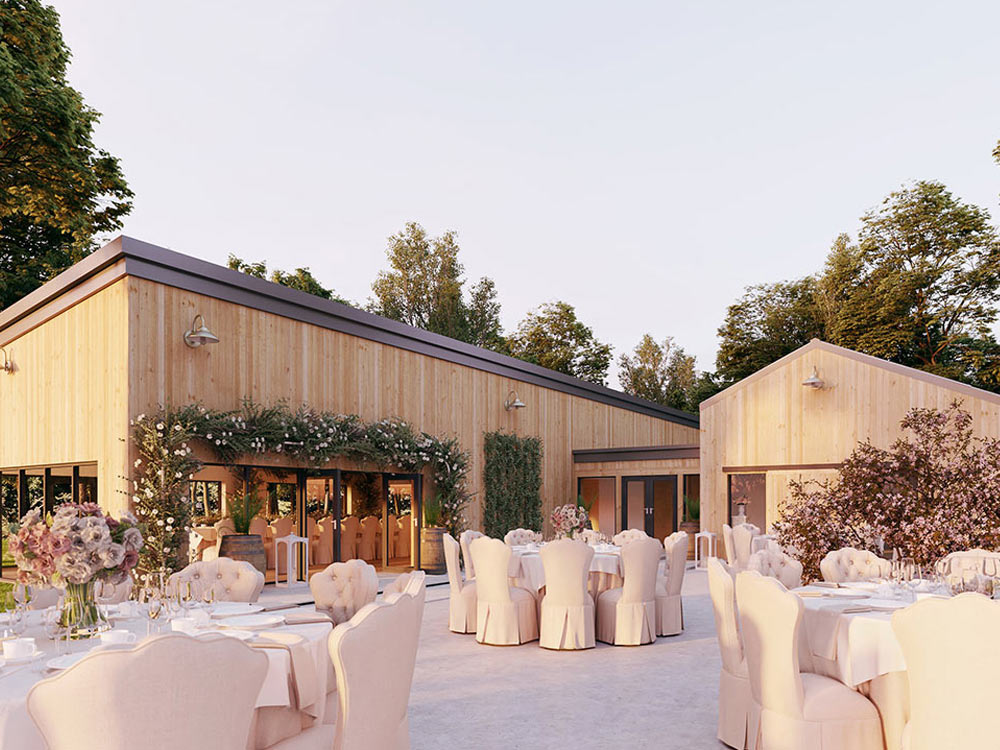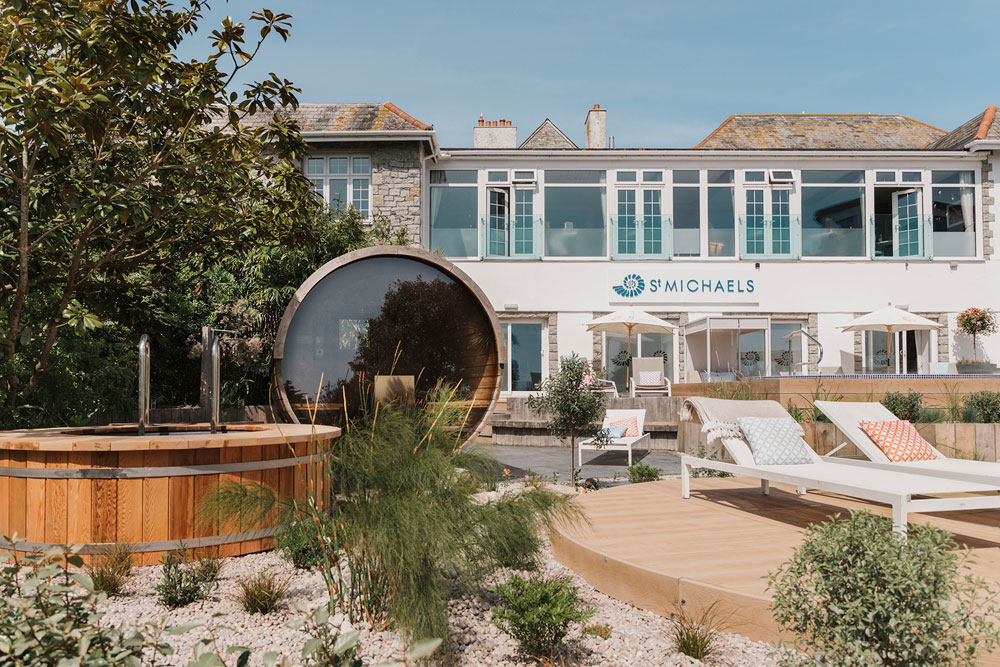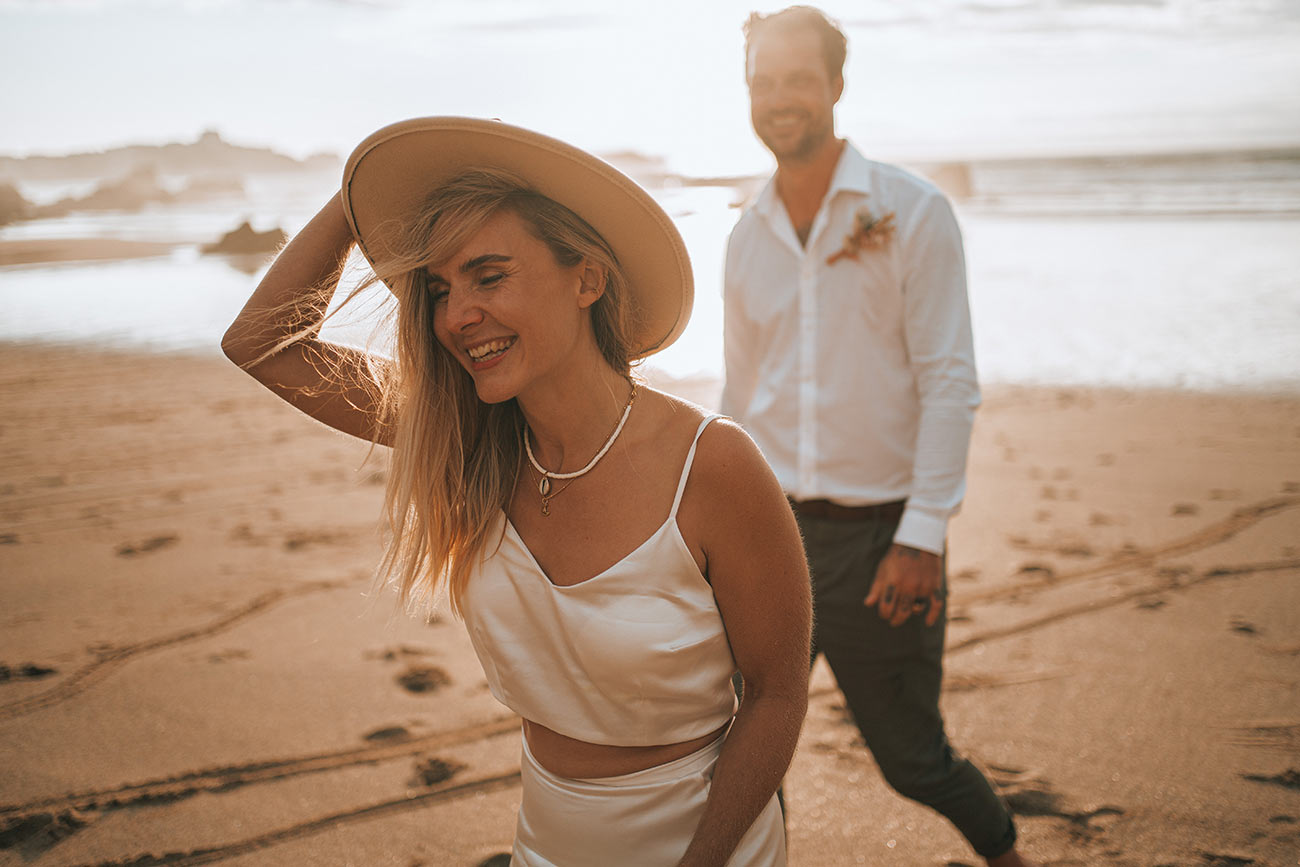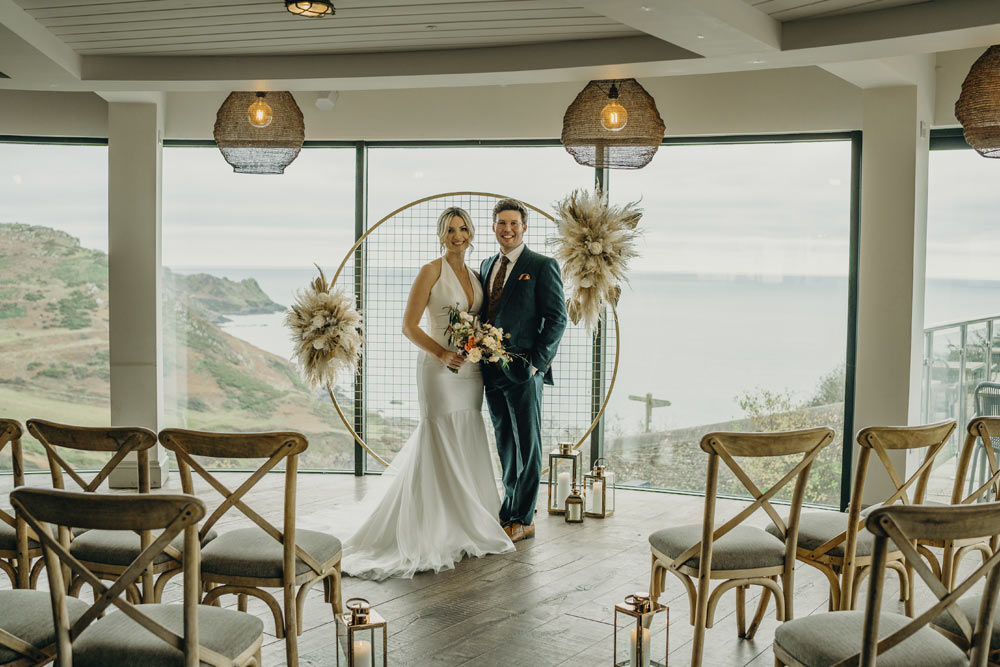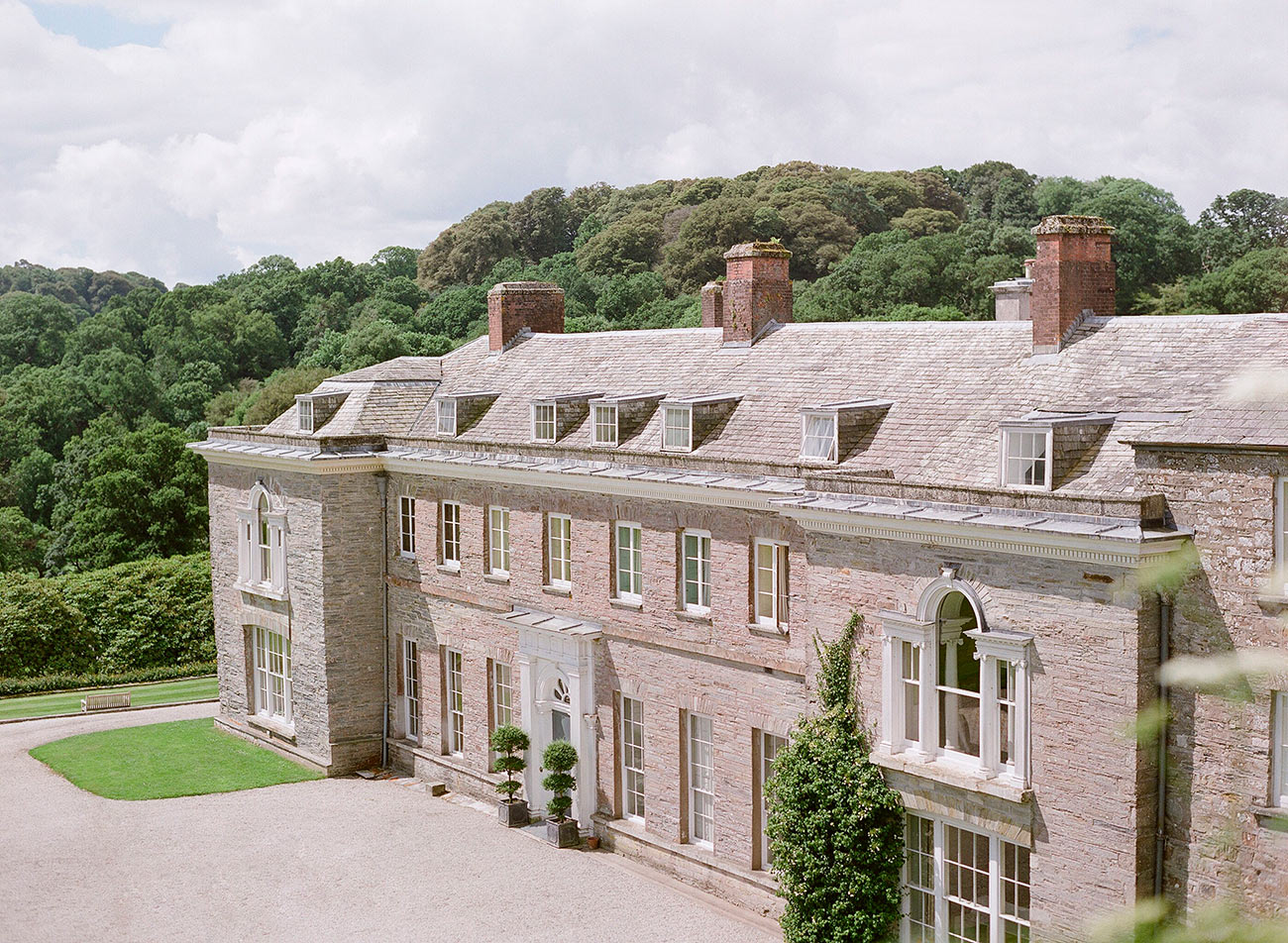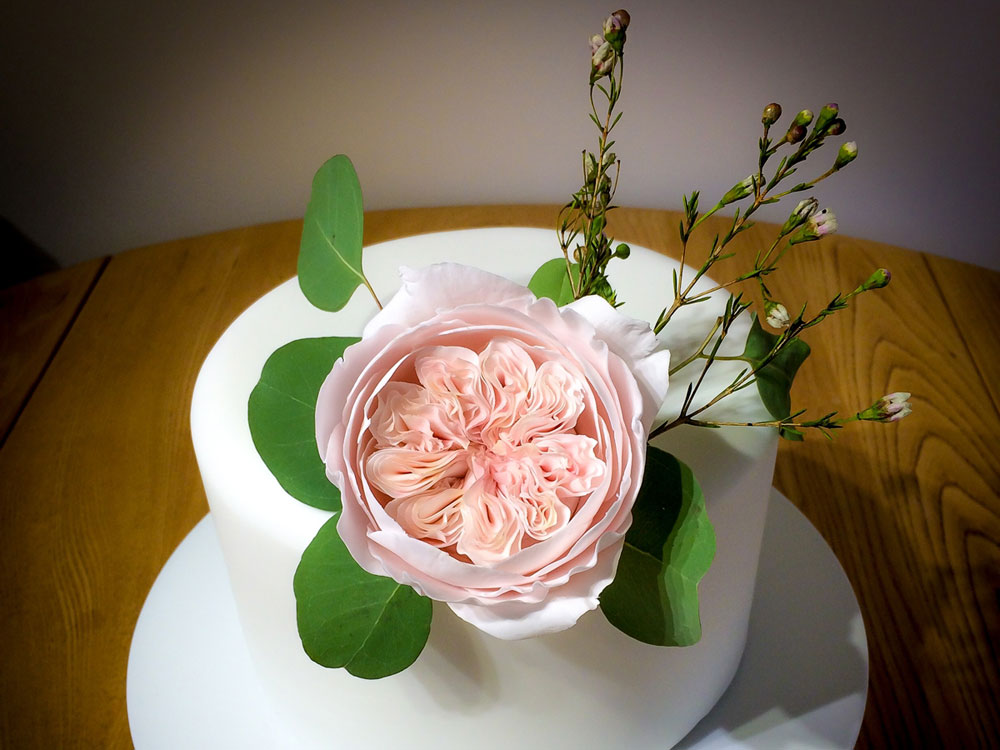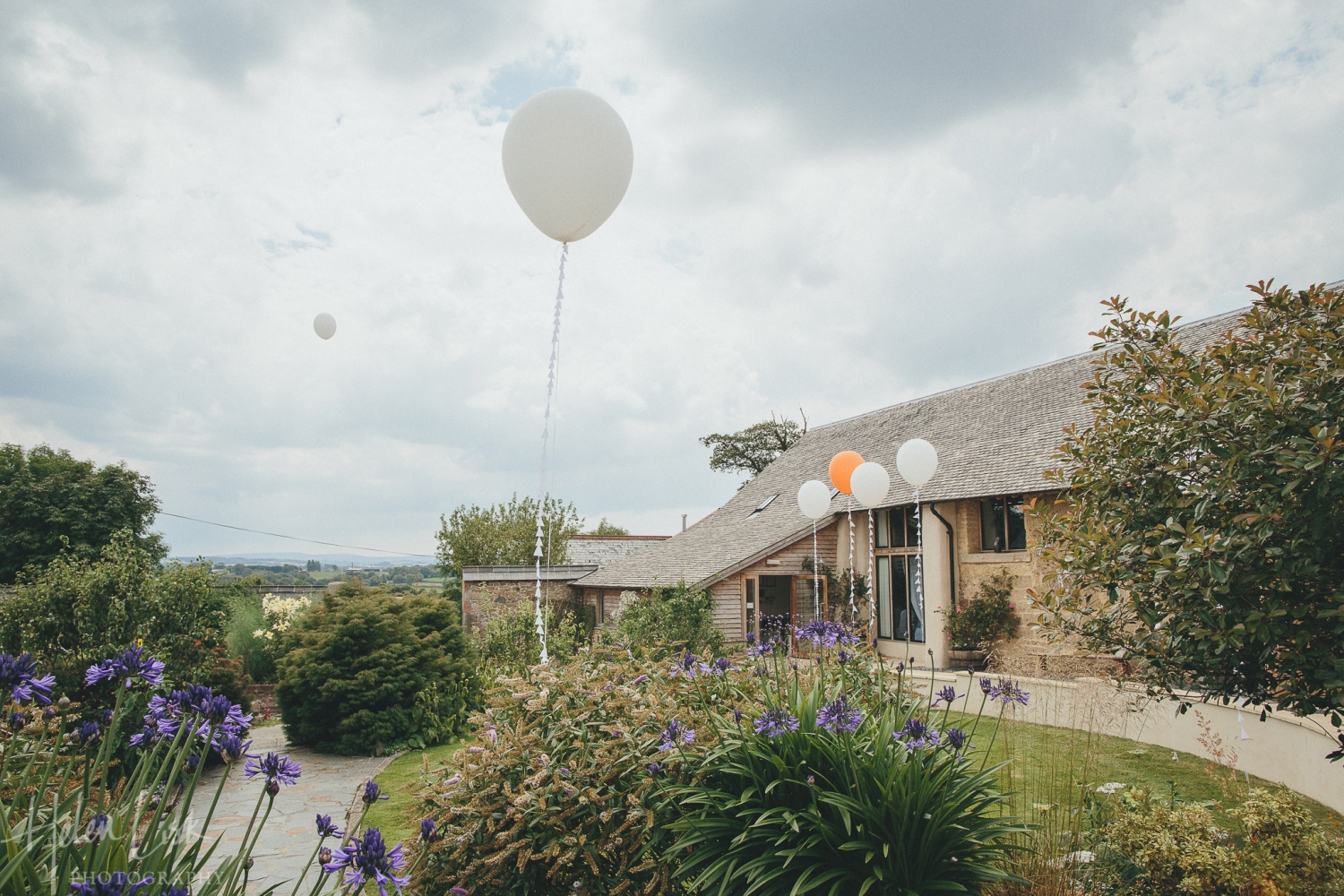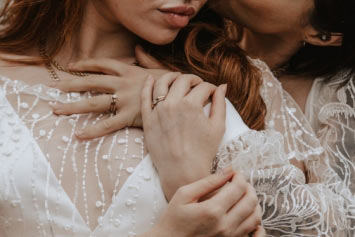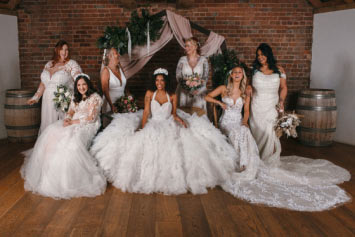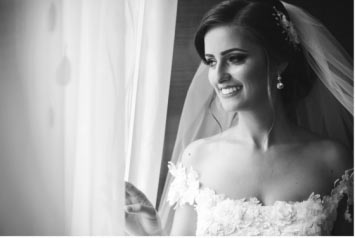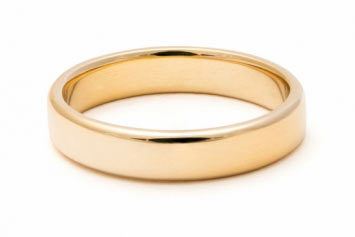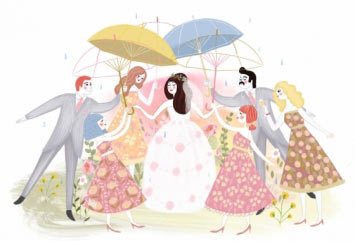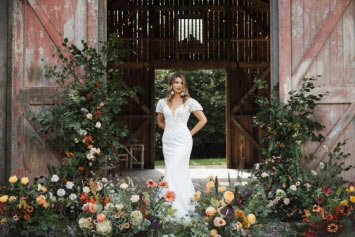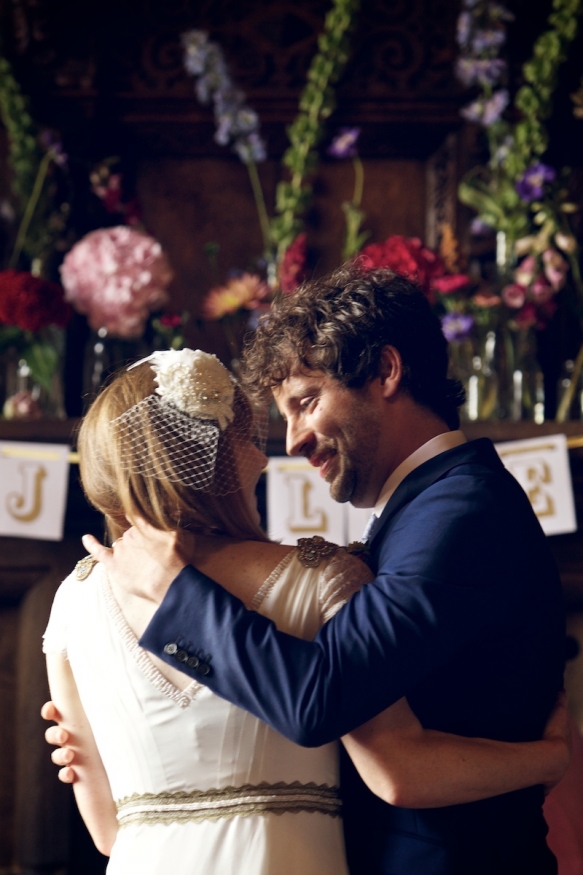
Nova Photography
STICKING TO TRADITION
The Church of England/Church in Wales has its own ecclesiastical laws which mean that you can marry in your local Parish Church with your vicar calling the Banns (the check to ensure you are both free to marry). If you don't live in the parish boundaries of the church you wish to use, you may still be able to get married there if you can show that you have strong family links or ties to that church. Alternatively, the vicar may agree to marry you either by Archbishop's Licence or by undertaking a residence in the parish for a set number of days and giving a Civil Notice of Marriage. The Church of England/Church in Wales marriage ceremony is a legally binding one and differs from the civil marriage in that it has its own wording. A vicar does not have the power to marry in any other premises; they are bound to their own or other churches as directed by the Bishop.
First Light Wedding Photography
ALTERNATIVE OPTIONS
The other route encompasses all other faiths and religions and civil marriage. This involves you having a venue organised and agreed - this can range from a church, chapel or other religious building, or for civil marriage a licensed venue or Register Office. All venues for legal marriage have to be registered with The General Register Office as: either a Registered Building (for religious premises), or as an Approved Venue (for civil marriages). Currently it's not possible for a legal wedding ceremony to take place outdoors, in a hot air balloon or at the bottom of a swimming pool - should you see or hear of this, it's more likely a celebration of a marriage which has been legally contracted by the couple at an earlier date.
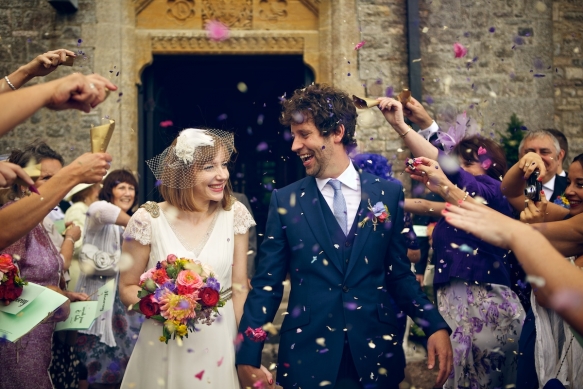
Nova Photography
TAKE NOTICE
Once you have your dream venue booked, the next step is to book an appointment to give a Notice of Marriage (heterosexual or same-sex couples) or Notice of Civil Partnership (same-sex couples only) with the Registration Service which covers the area where you are living. The Notice of Marriage or Civil Partnership is valid for one year (although it's good to get this bit out of the way about eight months or so before your wedding date if possible). At the appointment you will be asked to provide documentary evidence such as:
1 your passport
2 full birth certificate
3 proof of address
4 if you have been married before: your divorce papers (decree absolute) or the death certificate of your spouse
5 If you do not possess a current passport: you may be asked to prove your nationality by producing your mother's birth certificate
When you call to make your appointment you will be advised of the documents you will need to bring - make sure you know exactly what you need because if you turn up without them you will be turned away and have to rebook. Most Registration Services advise that you go together to give your notices. There are differing rules for legally getting married in England and Wales for people who are not British Nationals: your Registration Service will be able to advise you.
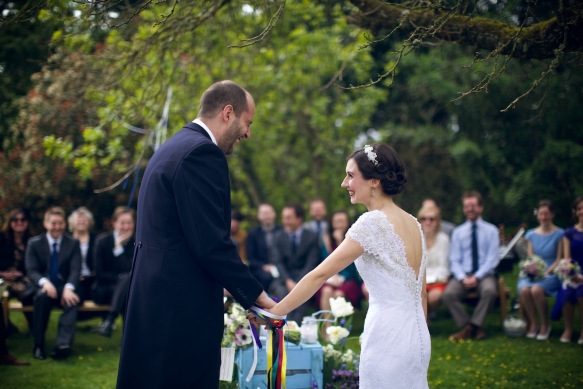
Nova Photography
THE WAITING GAME
Once the notice has been given you have to wait 28 days for the certificate of marriage to be issued - this is the authority for the marriage to go ahead at the venue specified. Without these important pieces of paper your marriage or civil partnership may not take place. The waiting period is to ensure that if anyone knows of any legal reasons why you should not marry or contract your civil partnership with one another, they can come forward and lodge an objection to the marriage taking place. Don't worry, this sounds scary and doesn't happen very often, but if it does happen it is treated very seriously as only legal objections would be considered. And remember, if you change your venue, you have to give another notice!
One effect of the extension of the waiting time - it's gone up from 15 days to 28 in the past year and could be increased to up to 70 days if one of you is subject to immigration control - concerns couples who live abroad and wish to come home to marry. They will either have to make two trips back to England, one trip of at least nine days in one registration district to give their legal notice of marriage, and the second to have the actual marriage ceremony. Both of these have to fall within a calendar year. The alternative option is to come back for one period of a total of 38 days - although this is potentially expensive, time-consuming and stressful!
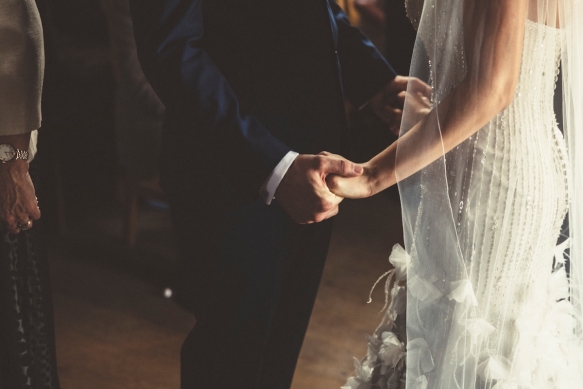
Ben Selway
If this situation is affecting you, you can legally marry in the country where you live, then come home for a celebratory wedding ceremony. You can write a bespoke ceremony, which incorporates all the elements of a traditional wedding ceremony if you would like them, so you can have a best man, bridesmaids, father-of-the-bride traditions, exchange of vows and rings, as well as any other customs you would like to add.
CEREMONY CHOICES
If you're marrying with the Registration Service they will usually provide a range of ceremony choices and wording - any religious content is not allowed. If marrying in a place of worship, you will usually follow the rites and ceremonies of that denomination. What both of these have in common is the use of the Declaratory and Contracting words; there are three options and they have to be spoken in turn by the bride and groom in front of at least two witnesses: the Registrar and Superintendent Registrar (often referred to as Ceremony Officers) or in the case of a religious ceremony the Registrar and Minister/Elder/Iman/Hindu Priest or Pandit/Pujari etc. The ceremony often includes the giving and receiving of a ring, and exchange of additional vows. However, in English and Welsh law the couple are married on the spoken word - everything else is tradition and ceremonial which can be omitted. Once the ceremony has been concluded, the couple, witnesses and officiating officers then sign the entry in the marriage register as a record of the occasion. This is usually followed by the presentation of the marriage certificate.
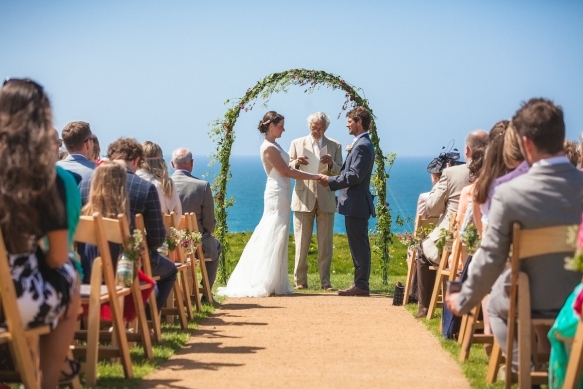
A Love Less Ordinary
Civil partnership is slightly different as it is covered by separate legislation which decree that the partnership is contracted on the signing of a Civil Partnership schedule and couples wishing to contract a Civil Partnership can choose not to have a ceremony and just sign the schedule in the presence of two witnesses and one Civil Partnership Registrar (again commonly known as a Ceremony Officer). The ability for same-sex couples to have a religious ceremony for either a marriage or a civil partnership is limited to those faiths that have agreed to be bound by this change in legislation.
A BRIEF GUIDE TO CEREMONIES...
Ensure you choose the perfect ceremony with Wed's guide to the 'I dos'...
RELIGIOUS MARRIAGE CEREMONY
A religious and legally binding ceremony of marriage which takes place in a church, chapel or other religious building that is registered for the solemnisation of marriage.
Once you opt for a religious ceremony, the decisions required usually concern music, hymns and readings. As a legal ceremony, much of the wording is set down by law and must be adhered to; for instance, you cannot write your own vows.
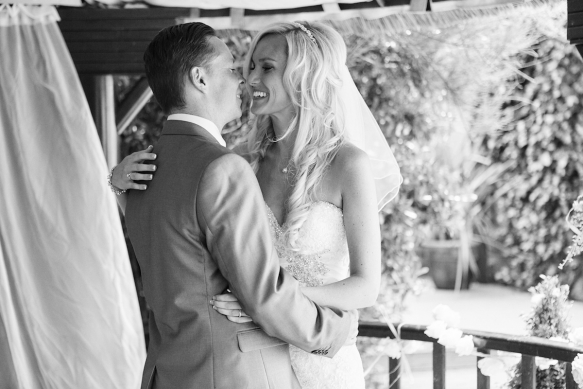
Ethan Elliot
CIVIL MARRIAGE CEREMONY
A legal, non-religious marriage ceremony conducted by the local superintendent registrar in a registration office or an approved venue licensed by the local authority, either within or outside your district of residence. A civil ceremony may include poems, readings and music without a religious theme. In addition to the statutory and legally binding words, you may exchange your own vows.
CIVIL PARTNERSHIP
A non-religious legal partnership for same sex couples. It can be accompanied by a ceremony, but it is not required under the Civil Partnership Act. The signing of the civil partnership document may take place at a registration office or an approved venue. You may exchange established or self-penned vows, although there is no legal requirement. You may also have non-religious readings and music.
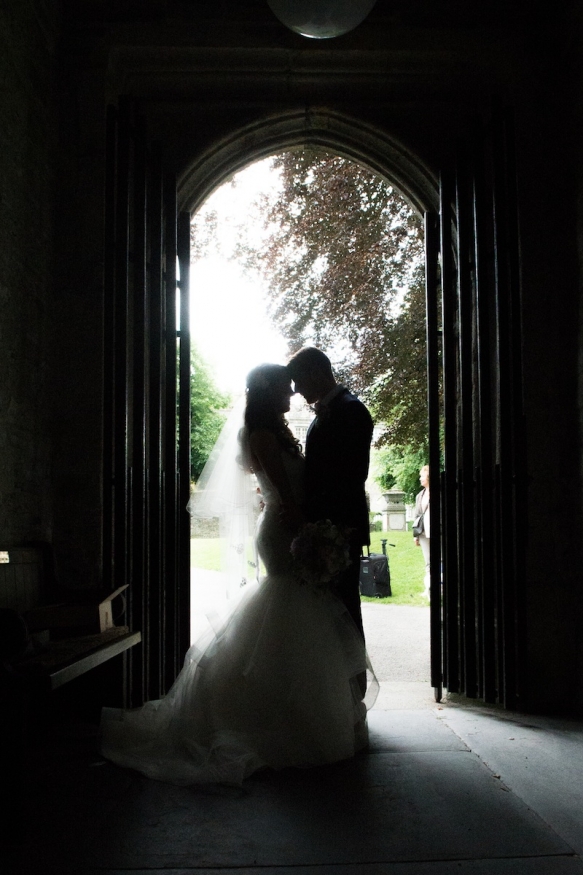
Claire Kinchin
HUMANIST WEDDING AND PARTNERSHIP CELEBRATION
A ceremony to celebrate the commitment between two people. At present, humanist ceremonies are legally recognised in Scotland but not the rest of the UK. It can occur outside, in public places or even in your own home. Many hotels and venues will also host the ceremony. No licence is required but there is a fee. Contact a British Humanist Association accredited celebrant in your area. The ceremony can take whatever form the couple chooses. A script is drafted based on a consultation between the celebrant and the couple. Arrangements are finalised - including poetry, readings and music - which can follow the traditional elements of a wedding, such as the vows and exchange of rings, or can be as informal as desired.
PAGAN HANDFASTING
A marriage ritual based on Celtic traditions which usually takes place after a civil ceremony or partnership. It is legally recognised in Scotland but not the rest of the UK. The ceremony will usually take place outdoors in a natural setting that has been made sacred and blessed by words and decorated by flowers, candles and incense and other objects. Presided over by a priest and priestess (celebrants), the couple is invited into the sacred circle to exchange their vows. Whispering promises, their wrists are gently bound together with red cord (the tying of the knot). Rings and further words are exchanged before the jumping of the broom. The couple may choose to incorporate music, readings, chanting and dancing. A range of ceremony types is possible. Same-sex ceremonies, renewal of vows and blessings are also undertaken.
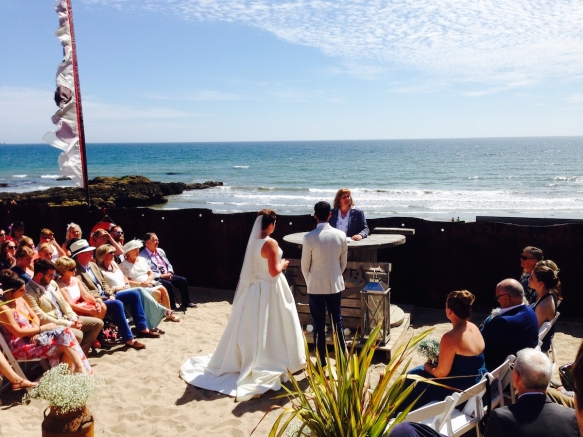
A CEREMONY TO REMEMBER
The Guild of Cornish Celebrants offer you the opportunity to have the ceremony you desire - wherever and whenever you wish. The duo behind the venture, Nicola Le Couteur Bisson and Denise Whitehair, have over 25 years of experience between them in delivering all types of ceremonies through their work with the Registration Service. As a result, they are perfectly positioned to advise couples of the legalities required to have a legal statutory ceremony followed by a bespoke, personalised ceremony at a location of their choice along a continental model.
It might be your favourite beach at sunset, Bodmin moor in the moonlight, a cosy ceremony in your garden or even a gathering on a boat or steam train - once the legal ceremony has taken place, the sky's the limit where it comes to choosing the backdrop and timing of this life-changing moment. The content of the ceremonies will also fully reflect each couple's wishes and beliefs, incorporating spiritual or religious music and prose, together with rituals such as handfasting. "We conducted over 30 ceremonies in 2015 in venues as varied as beaches, back gardens, village halls and caves to hotels," explains Nicola.
Due to demand, there are now four affiliated celebrants working with Nicola and Denise to their exacting standards of customer service, professionalism and attention to detail, thereby allowing more couples to enjoy a beautifully personal ceremony. Get in touch to discover how The Guild of Cornish Celebrants will help you to deliver a distinctive, unique and truly memorable day, your way.
www.cornishcelebrants.co.uk
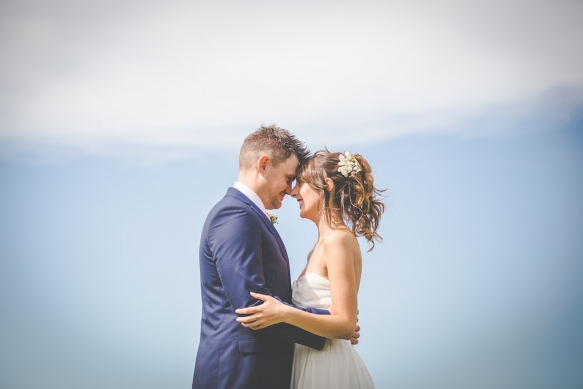
First Light Wedding Photography
Copyright Wed magazine 2016

.jpg)
